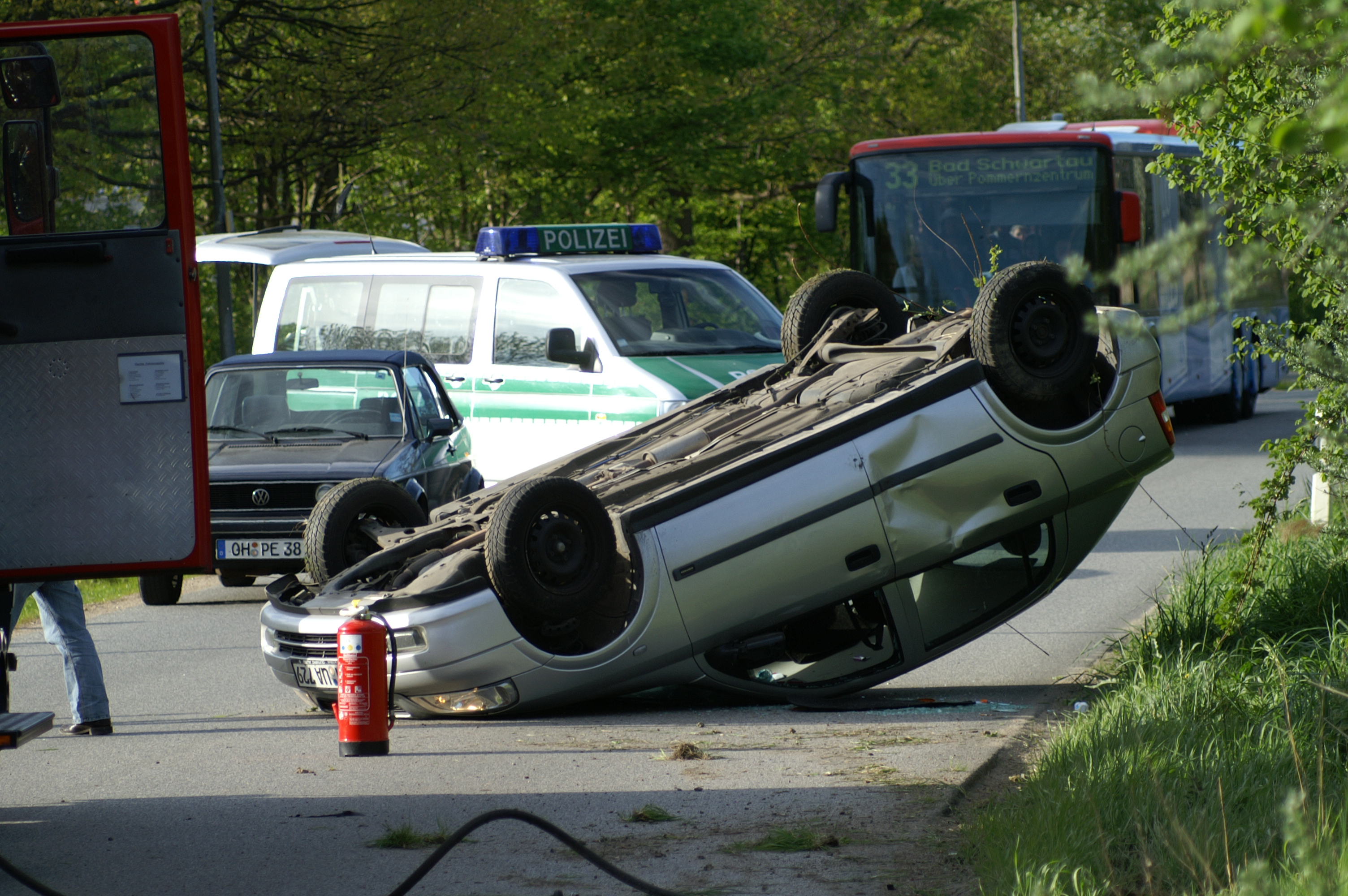Insurance
Half of Brits fail to plan for ‘worst case’ scenarios

Britons are not planning for the worst case scenario despite half the population relying on a single wage, says a new report.
According to new research from Scottish Widows, although three quarters of the population live in a one or two income household and 84% being aware of income protection, only 5% of the population have taken out any cover to protect their salary should they be unable to work.
The report also highlighted that nearly nine in 10 adults do not have critical illness cover and nearly two thirds do not have life insurance.
This is despite one in six of the population having experienced a critical illness, with nearly half of people who fell ill forced to either change their lifestyle dramatically or make a number of small changes in order to survive financially.
Only 5% of those who fell ill had any kind of protection policy in place to help act as a buffer for this substantial shift in wellbeing.
Katya Maclean, protection expert at Scottish Widows, said: “As the current generation of Britons finds it increasingly difficult to get on the property ladder, this has a knock-on effect on our financial priorities and our preparation for our families’ future.
With the majority of the UK population not having any protection in place should they be unable to work, it is necessary for the industry to find new ways of engaging customers that are not centred around buying a home.
“These findings indicate that the industry must adapt how we communicate the importance of protection to a new generation, who have different financial priorities to their parents.”
Over half of people not in retirement also said that if they were to lose their main income, they would only be financially secure for six months or ‘not at all’.
Affordability is the main barrier for one in four people in taking out protection, however many Brits are not covered because they have not got around to it (41%), or don’t think it is a priority or necessity for them.
Katya Maclean added: “No one likes to think about the unexpected happening to them, and it is clear that this tendency to ignore the worst case scenario is preventing families from preparing for the future and protecting their livelihoods.
“The value of protection is to provide peace of mind and to know that should the worst happen then you or your family have a financial safety net.
“Whilst affordability cannot be ignored, and we know that for many it is a challenge simply to save money at the moment, reducing the protection gap in our society needs us to examine our priorities and attitudes as to what is most important.”